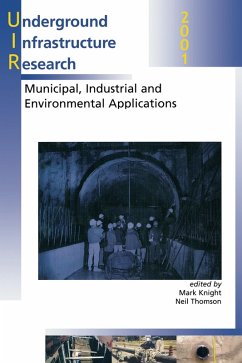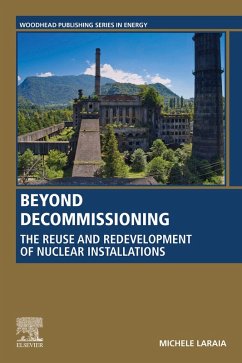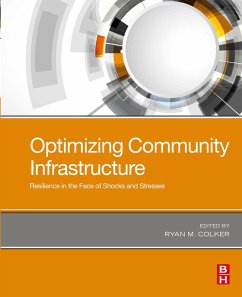
Environmental Infrastructure in African History (eBook, ePUB)
Examining the Myth of Natural Resource Management in Namibia
Versandkostenfrei!
Sofort per Download lieferbar
46,95 €
inkl. MwSt.
Weitere Ausgaben:

PAYBACK Punkte
23 °P sammeln!
Environmental Infrastructure in African History offers a new approach for analyzing and narrating environmental change. Environmental change conventionally is understood as occurring in a linear fashion, moving from a state of more nature to a state of less nature and more culture. In this model, non-Western and pre-modern societies live off natural resources, whereas more modern societies rely on artifact, or nature that is transformed and domesticated through science and technology into culture. In contrast, Emmanuel Kreike argues that both non-Western and pre-modern societies inhabit a dyna...
Environmental Infrastructure in African History offers a new approach for analyzing and narrating environmental change. Environmental change conventionally is understood as occurring in a linear fashion, moving from a state of more nature to a state of less nature and more culture. In this model, non-Western and pre-modern societies live off natural resources, whereas more modern societies rely on artifact, or nature that is transformed and domesticated through science and technology into culture. In contrast, Emmanuel Kreike argues that both non-Western and pre-modern societies inhabit a dynamic middle ground between nature and culture. He asserts that humans - in collaboration with plants, animals, and other animate and inanimate forces - create environmental infrastructure that constantly is remade and re-imagined in the face of ongoing processes of change.
Dieser Download kann aus rechtlichen Gründen nur mit Rechnungsadresse in A, B, BG, CY, CZ, D, DK, EW, E, FIN, F, GR, HR, H, IRL, I, LT, L, LR, M, NL, PL, P, R, S, SLO, SK ausgeliefert werden.













